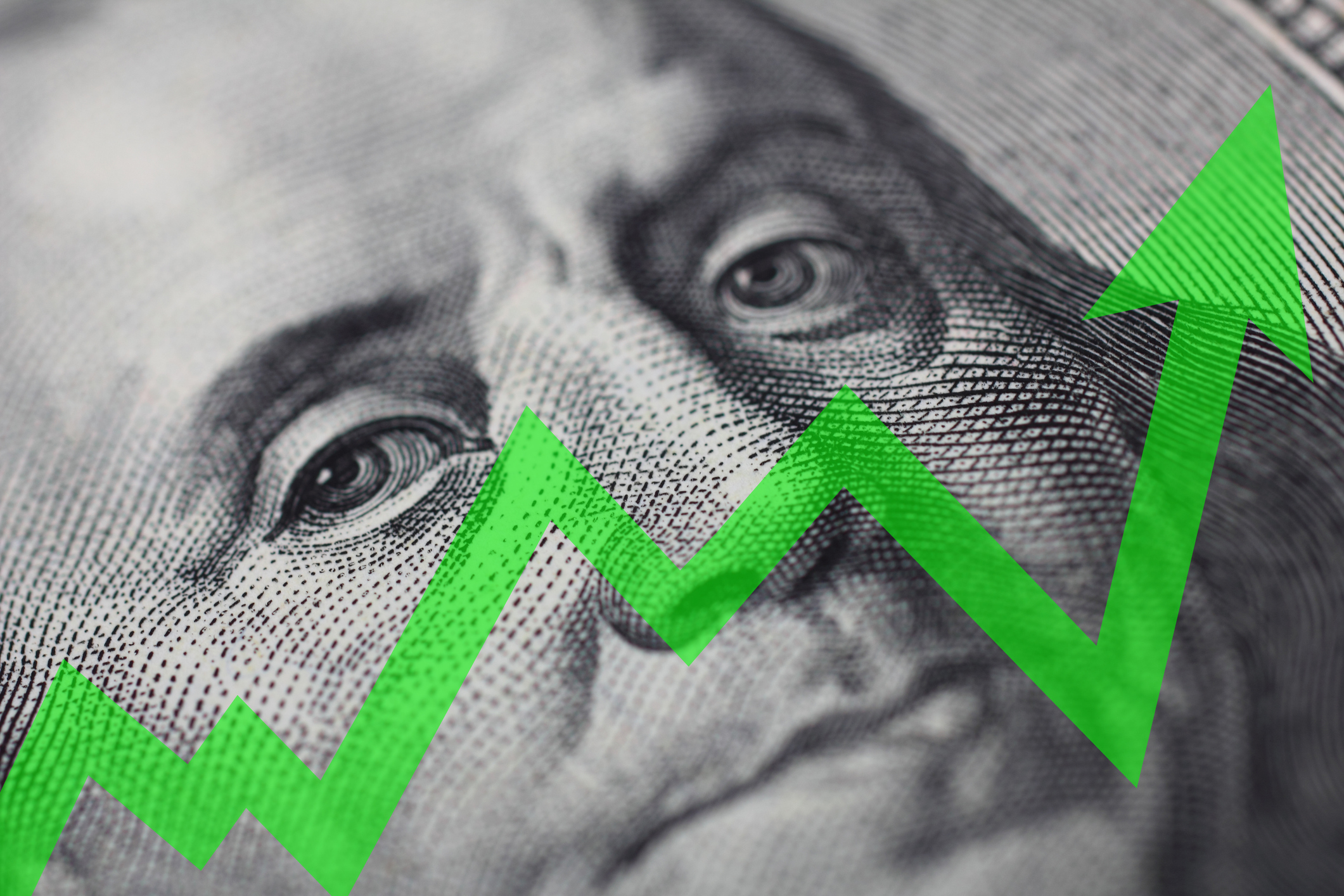Retail companies have been through the gauntlet. The pandemic, rising inflation, and the shift of consumer spending to travel and other services have pressured the stock performance of many retail companies. The SPDR S&P Retail ETF has declined 9.6% over the past three years, underperforming the S&P 500‘s 26% return. However, when an industry has underperformed to this extent, lower valuations can set the stage for better returns.
Slowing sales at Dollar General (DG -1.45%) has sent its stock down, but after falling 71% from its 2022 highs, it might be one of the most undervalued retail stocks right now. The company has continued to pay quarterly dividends, which has brought its yield up to an all-time high of 3.2% as of January 7. This is nearly triple the S&P 500 average yield of 1.2%.
Wall Street analysts are concerned about near-term consumer spending trends and competition with big-box retailers. However, Dollar General is still reporting positive same-store sales, and its Back to Basics strategy could lead to better earnings growth. The stock could be a bargain as management executes its turnaround plan in the new year.
A challenging 2024
It’s understandable why the stock fell and is currently trading at a low price-to-earnings multiple of 12.5. The company’s same-store sales, which measures growth at existing stores open over a year, grew just 1.3% in Q3 over the year-ago quarter. Total net sales grew 5% year over year, which is below Dollar General’s 10-year average quarterly sales growth of 8%.
Wall Street is quick to draw comparisons to Walmart, which has reported stronger same-store sales. Walmart’s U.S. same-store sales were up 5.3% year over year last quarter. It was particularly bad news for Dollar General that Walmart cited strength in general merchandise.
Dollar General is also struggling with higher costs, as earnings per share fell 29% year over year. However, these numbers are reflected in the stock’s valuation. The most important question is, where does Dollar General go from here? Is this the best it can do, or are there areas of the business that management can improve to strengthen earnings and boost sales growth?
Why sales and earnings can improve
Dollar General is currently executing its Back to Basics plan, and some of these initiatives involve bringing automation to fulfillment centers, which should save the company money and improve margins.
It is making stores cleaner and more shopper-friendly. One of the biggest changes is improving the supply chain to increase in-stock items on store shelves. CEO Todd Vasos gave investors an update on how these initiatives are working on the Q3 earnings call.
“Notably, as of the end of Q3, customer satisfaction levels have increased by more than 900 basis points since Q1 when we first had these surveys available in the majority of our stores,” Vasos said. “We continue to be pleased with what we have seen in both our traditional and fresh supply chain, but believe we have room for further improvement.”
As for improving profitability, the company has opened two new distribution centers in Colorado and Arkansas that will help reduce delivery miles by approximately 4%, if not more, in its supply chain. These efforts, along with the rollout of automation in its facilities, should lower costs and drive higher earnings.
Indeed, Wall Street’s consensus estimate has Dollar General’s adjusted earnings increasing by 2% in 2025 to $5.97. This is more than enough to support the quarterly dividend of $0.59, or $2.36 per year. This represents less than 50% of its annual earnings, providing the company with plenty of cushion to sustain the payout during this difficult environment.
Why the stock is a buy
One advantage Wall Street is missing is that Dollar General’s stores are smaller and more conveniently located for shoppers than big-box stores like Walmart. Not everyone wants to visit a large store, especially when they need just a handful of essentials.
Discount retail is competitive, but it’s not a winner-take-all market. Dollar General still has a valuable role to play. Given the company’s long history of profitable growth and the progress it is making with the Back to Basics plan, the stock looks undervalued.
While the stock may hit new lows before it heads higher, investors are likely to see nice gains over the next few years, if not sooner, depending on when consumer spending picks up and how quickly the turnaround strategy yields more positive results.

